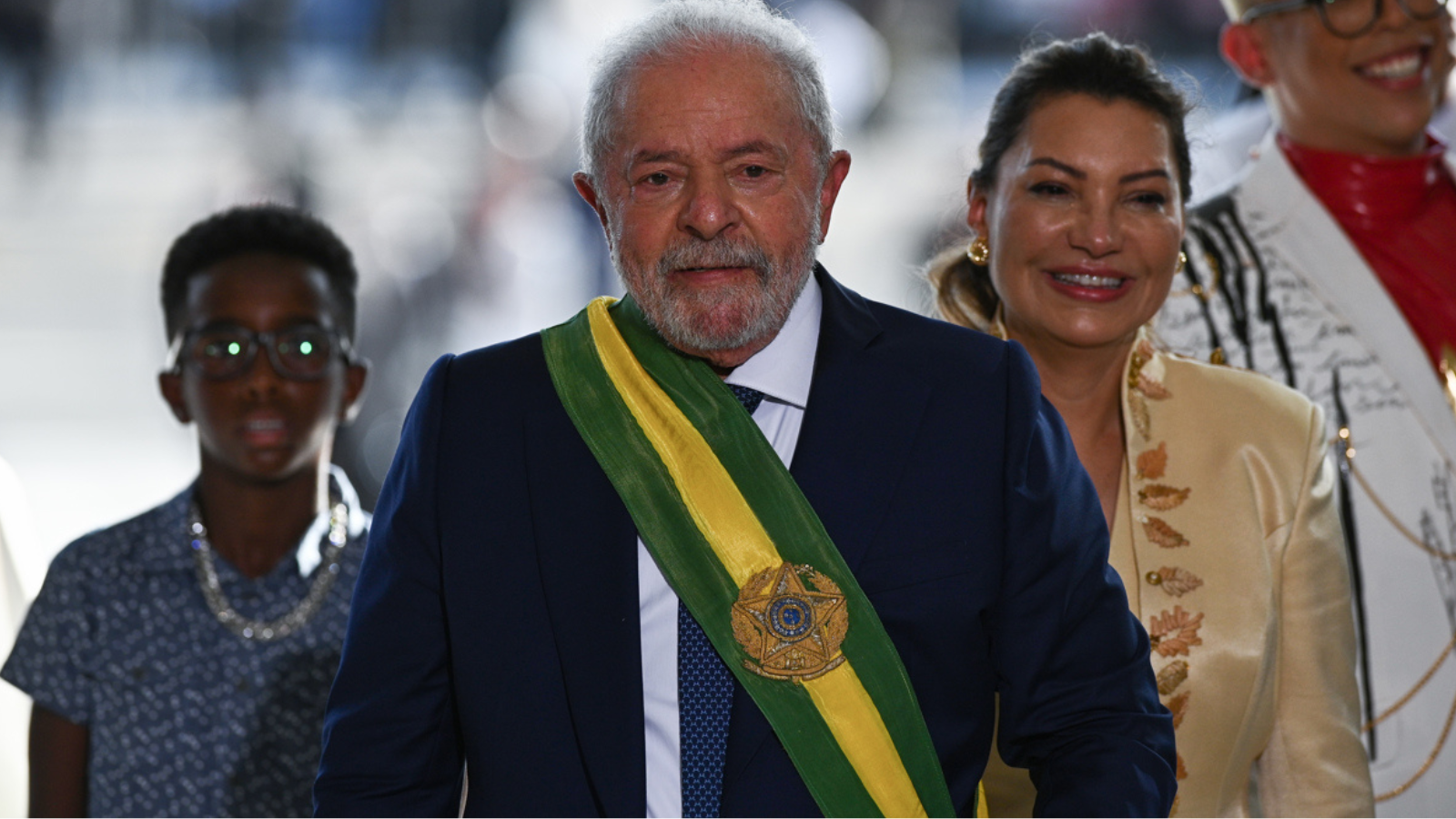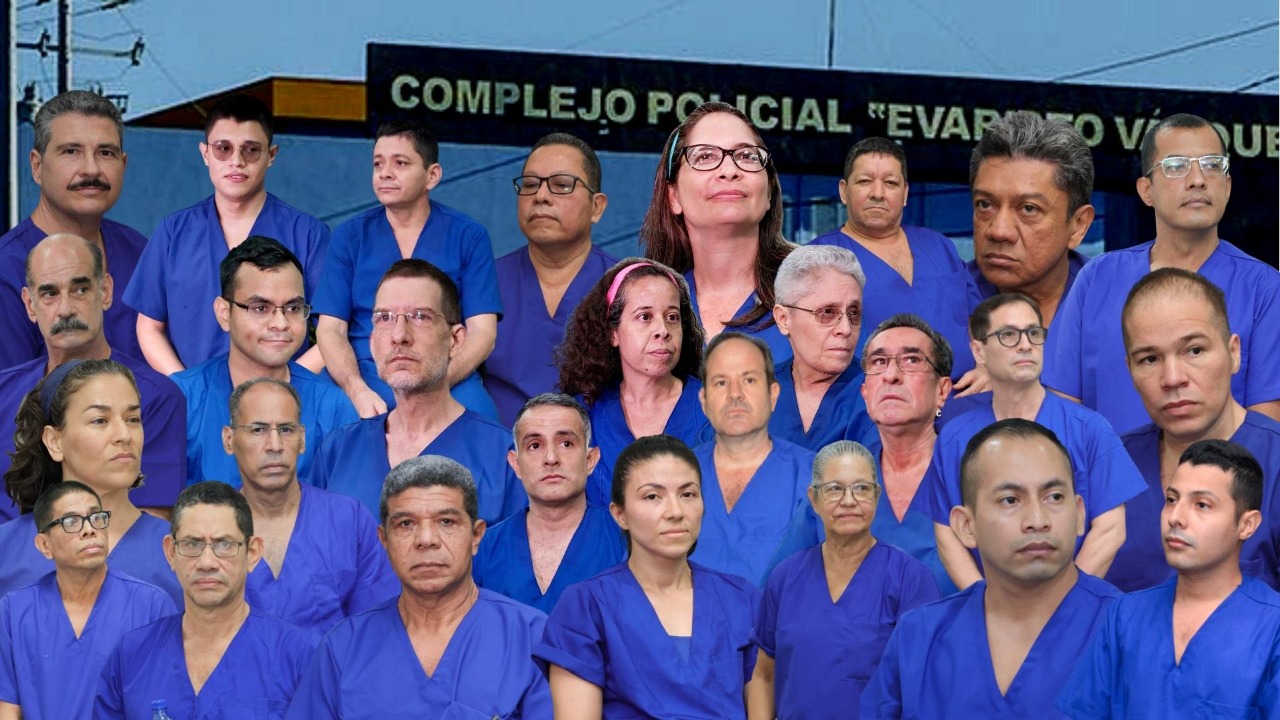Carlos A Moreno
Rio de Janeiro, Jan 3 (EFE).- The financial market started the new year nervous with the first measures of the new Brazilian president, Luiz Inácio Lula da Silva, who maintained the current fuel subsidies and ratified his commitment not to privatize any strategic public company.
The Sao Paulo Stock Exchange suffered a sharp fall on Monday, on the first day of business after the inauguration of the socialist leader, with a drop of 3.06%, it opened this Tuesday in negative territory and, after an hour of negotiations, it operated with a contraction of 1.46%.
The dollar, for its part, appreciated 1.52% on Monday, its highest rise in the last month, and this Tuesday it opened traded at 5,384 reais for sale, with a rise of 0.45%.
Despite the market having two months to absorb the return of the leftist leader to power in Latin America’s largest economy and investors trusting the austerity promises made by the new finance minister, Fernando Haddad, Lula’s first steps generated fears about the future of Brazil’s fiscal situation.
In addition to extending fuel subsidies after saying he would eliminate them, the founder of the leftist Workers Party (PT) signed a decree suspending studies for the privatization of eight state companies, including the oil company Petrobras, Brazil’s largest company. .
The tax exemption for fuels reduces tax collection; casts doubt on the government’s ability to run a surplus this year and threatens to further increase the already large deficit in the Brazilian public accounts.
Haddad had said that the subsidies would be eliminated so as not to affect public accounts, but in a duel within the government, Lula’s political advisers won, considering that an increase in inflation in the first months of his administration could be fatal for his picture.
The fear of the market is due to the fact that, despite the fact that Haddad committed himself to an austerity policy and to combat the fiscal deficit, Lula’s measures seem to say the opposite, agreed economists consulted by EFE.
“Investors feel confident in Haddad’s speeches, but the next day they hear what they don’t want to hear from the president’s political advisers. Then the minister loses a bit of credibility,” said the head of the economic analysis sector of the financial Levante Investimentos, Enrico Cozzolino.
According to analysts, despite Haddad’s promises that he will cut spending and announce a new policy to guarantee fiscal stability in the first quarter of this year, the market is already looking at him with suspicion, seeing a gulf between his speech and reality.
“Haddad lost the duel with the political wing of the government, which did not want to hear about the increase in gasoline in the first week of government and left him with the image of fragile,” said Helio Schwartsman, an economic columnist for the Folha de Sao Paulo newspaper.
Lula’s first economic decisions also left the market with the impression that the progressive leader’s government will be more interventionist in the economy than expected and that it will use public companies to its advantage.
The companies whose papers devalued the most on Monday were precisely those that have control or participation by the State, starting with the oil company Petrobras, the largest company in Brazil and whose preferred shares lost 6.45% and ordinary shares 6.66%. The titles of Banco do Brasil fell by 4.23%.
According to the financial platform TradeMap, companies with high state participation, including Petrobras, Banco do Brasil, Eletrobras and BB Seguridade, together lost 31.8 billion reais (about 5,888.9 million dollars) in market value on Monday alone. .
For the economist Igor Lucena, a researcher at the University of Lisbon, the market is also suspicious of Lula’s refusal to accept the spending ceiling policy, which limits the increase in public spending for one year to the inflation of the previous year.
In his speech at the inauguration ceremony, the progressive leader called the spending ceiling “stupid.”
Haddad promised a substitute for the spending ceiling policy, but investors only listened when he stated that the situation of the public accounts is more serious than initially estimated.
According to the minister, finances suffered a serious deterioration in the last months of 2022 due to populist measures adopted by the now former president Jair Bolsonaro in an attempt to leverage his candidacy for re-election, frustrated by Lula’s victory at the polls. EFE
cm/wgm/enb






